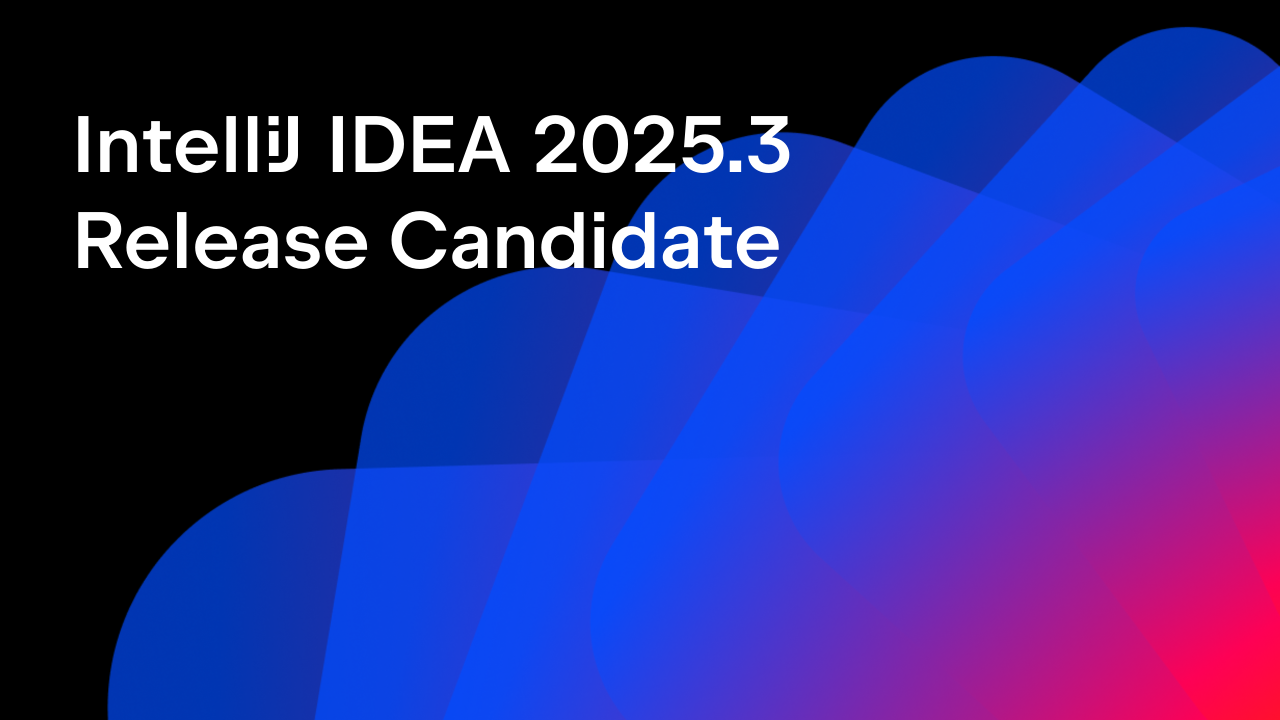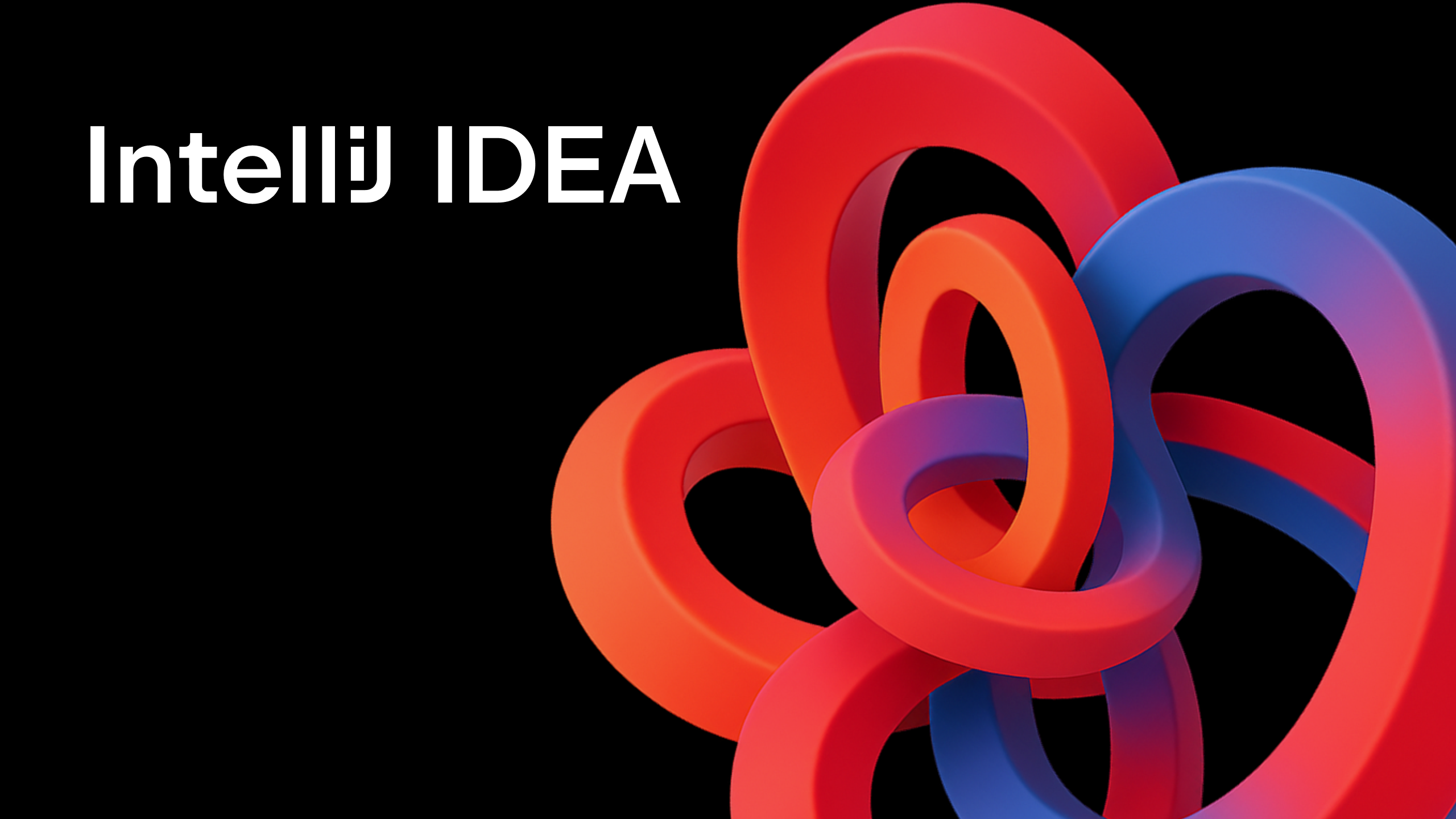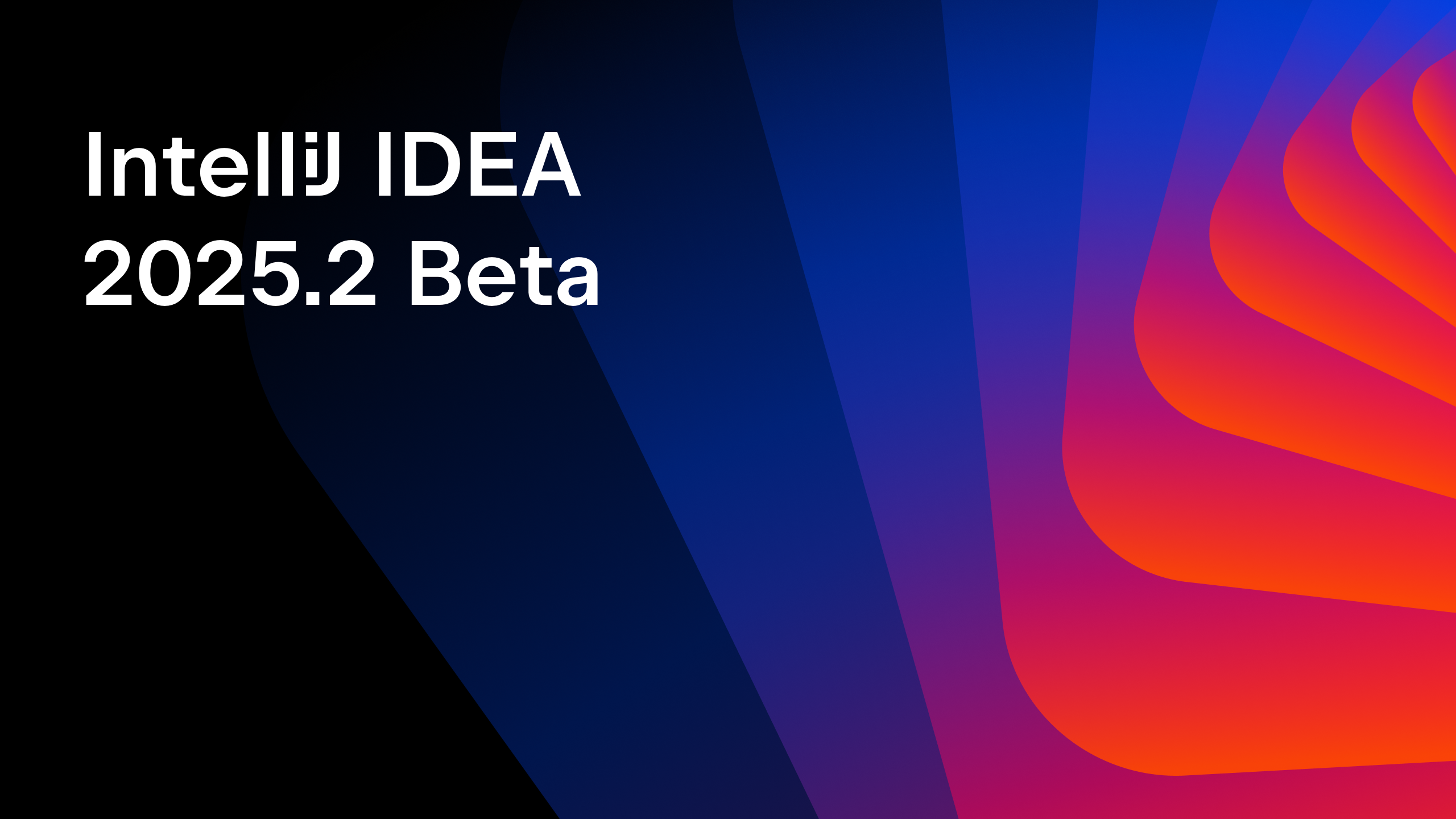IntelliJ IDEA
IntelliJ IDEA – the Leading IDE for Professional Development in Java and Kotlin
IntelliJ IDEA 2023.2 EAP 6: AI Assistant, Dev Containers Support, and More
IntelliJ IDEA 2023.2 EAP 6 is now available with a number of updates such as the new AI Assistant, support for Dev Containers for Gateway, and some valuable enhancements for the IDE’s new UI.
You can get the latest build from our website, through the free Toolbox App, or via snaps for Ubuntu.
Let’s take a closer look at the exciting news!
Artificial Intelligence
AI Assistant (Beta)
This week’s EAP build brings in a major addition to IntelliJ IDEA – the AI Assistant. It is powered by the JetBrains AI service and incorporates the capabilities of OpenAI along with JetBrains’ own smaller models. IntelliJ IDEA 2023.2 EAP 6 provides the initial set of AI-powered functionalities, including an integrated AI chat, automated documentation generation, name suggestion, and commit message generation.
To access these AI features, you’ll need to be logged into the JetBrains AI service using your JetBrains Account. Availability for the JetBrains AI service may vary initially. For more information on the AI Assistant and instructions on how to access it, refer to this blog post.

Remote development (Beta)
Support for Dev Containers
IntelliJ IDEA now supports Dev Containers, allowing you to use containers as a full-featured development environment to edit, build, and run your projects. Dev Containers can be run remotely via an SSH connection or locally using Docker.
To utilize this feature, ensure that Docker is installed on your machine. From the Welcome screen, select the Dev Containers option in the Remote Development section and provide the Git repository link to set up the connection.

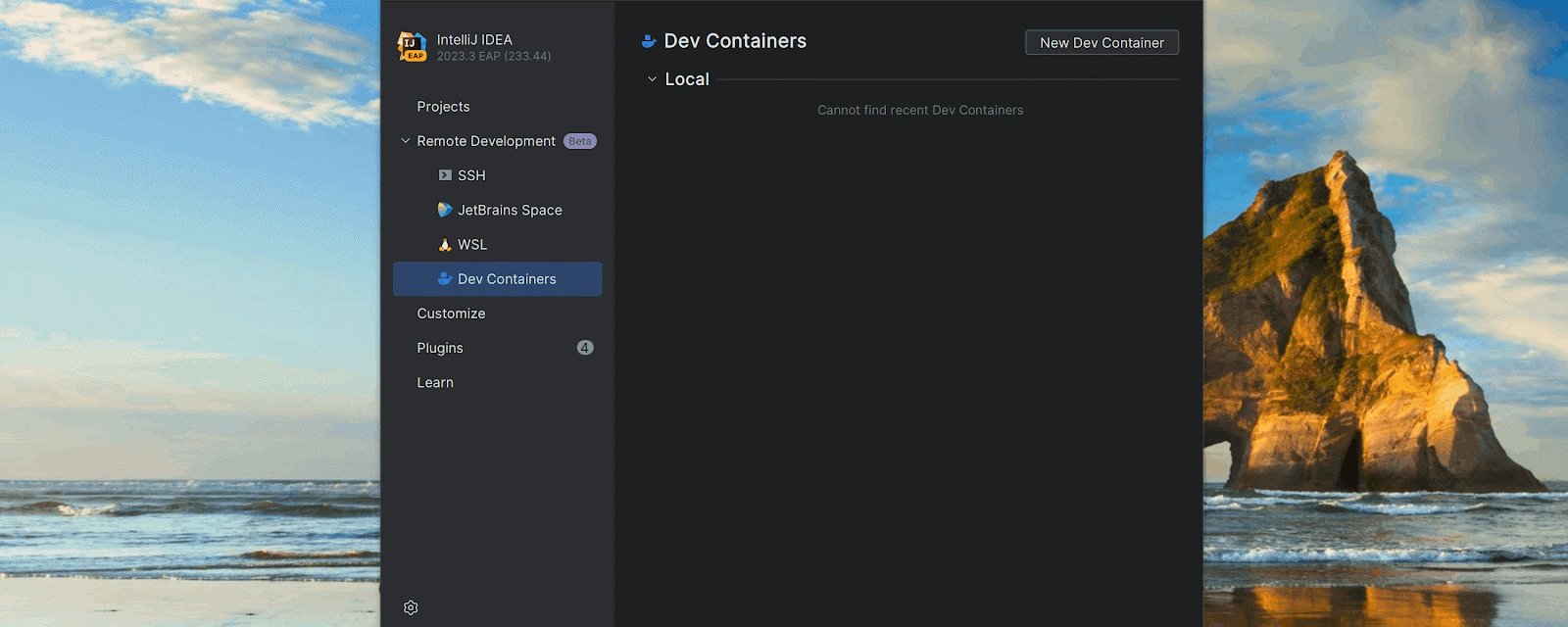
In addition, you can configure your local or remote environment directly within the editor by opening the devcontainer.json file. By clicking on the Docker icon in the gutter, you can choose to either clone or mount the project sources.

The initial support includes a limited number of devcontainer.json options. We value your feedback on this update and encourage you to share any use cases that you believe should be covered in future updates.
User experience
Colored project headers in the new UI
IntelliJ IDEA 2023.2 EAP 6 introduces colored headers to simplify navigation between several open projects. You can now assign a unique color and icon to each of your projects, making it easier to distinguish them in your workspace.
Headers now come with predefined colors by default, but you can customize them. To set a new color for your project, right-click on a header and access the context menu. Select the Change Toolbar Color option and choose your desired color. To disable this feature, simply deselect the Use Project Colors in Toolbar option in the context menu.
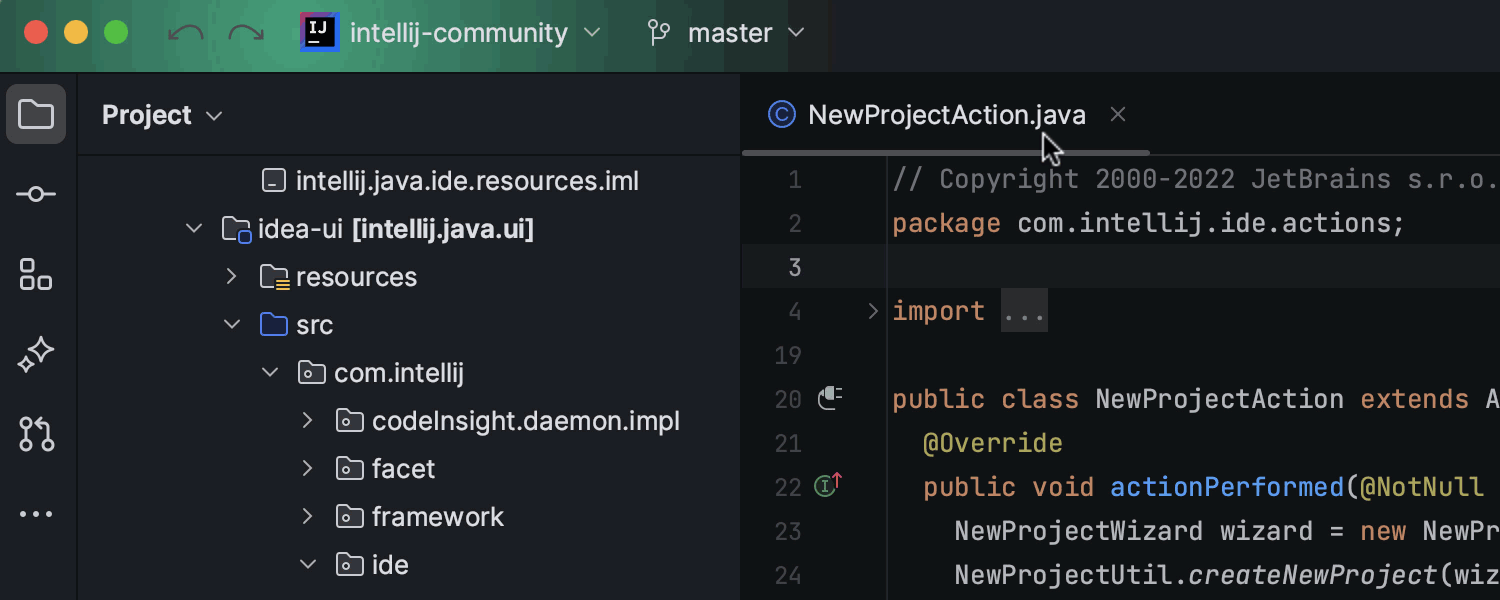
Removed title bar on Linux in the new UI
For the convenience of Linux users, the native header of the operating system has been removed in the new UI, resulting in a cleaner interface. By default, you will now see the custom IDE’s header, which offers a range of customization options to tailor your workspace.

Build tools
Support for Maven 4.0.0-alpha
IntelliJ IDEA is now fully compatible with the latest version of Maven, Maven 4.0.0-alpha.
Other
Deprecated plugins
Based on our research into plugin usage, we have made the decision to deprecate several plugins in IntelliJ IDEA, including Struts2, Resin, tc Server, Play, and Cloud Foundry. We will no longer build their new versions starting from the 2023.2 release.
These are the most notable refinements for this week. For the full list of changes, please, refer to the release notes.
Your insights and feedback are critical for us in shaping the final version of IntelliJ IDEA 2023.2. We encourage you to share your thoughts on the latest updates by leaving a comment on this blog post or by reaching out to us on Twitter. If you spot any bugs, please report them to our issue tracker.
Happy developing!
Subscribe to IntelliJ IDEA Blog updates



